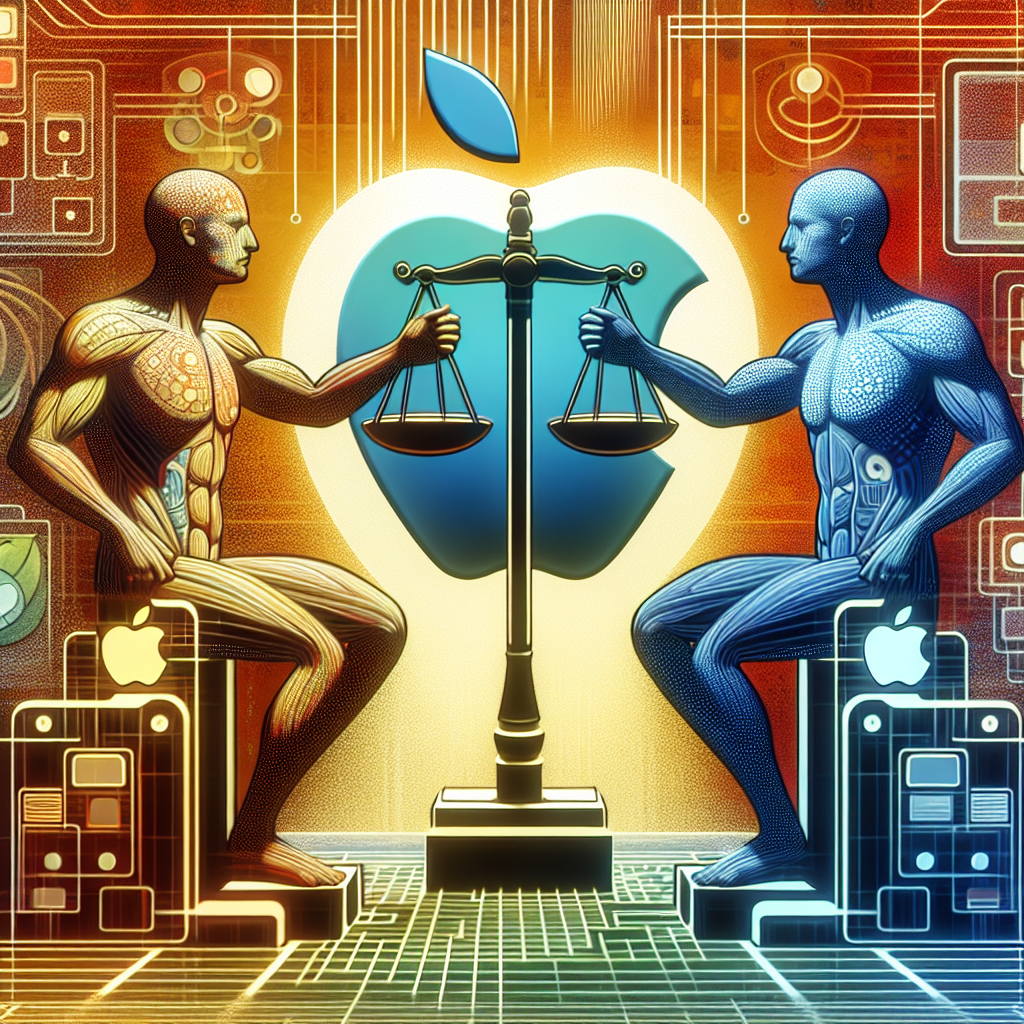Apple Faces Fintiv’s Patent Infringement Claims
In a critical legal confrontation, Apple is in dispute with Fintiv concerning allegations of patent infringement linked to its Apple Pay technology. The contention has ignited vigorous discussions regarding intellectual property rights and innovation within the technology sector.
Comprehending the Allegations
Fintiv asserts that Apple appropriated mobile wallet technology from its predecessor, CorFire, during discussions in 2011 and 2012. The lawsuit encompasses grave accusations of racketeering, alleging that Apple poached essential employees and sought partnerships under misleading conditions to take advantage of trade secrets.
Apple’s Strong Denial
Apple has categorically rejected these claims, affirming that the allegations have consistently been dismissed in court. A representative from Apple remarked, “The court has consistently dismissed Fintiv’s assertions, and we are confident that this latest effort to divert attention from their unsuccessful patent claim should likewise be thrown out.”
A Legacy of Innovation
Since its inception more than ten years ago, Apple Pay has led the charge in mobile payment solutions, providing users with a secure and private method for transactions. Apple highlights its dedication to innovation and its defense against what it considers unfounded claims.
The Employees in Focus
Fintiv’s case rests heavily on the assertion that Apple attracted two pivotal employees to help develop Apple Pay. Apple counters this by clarifying that one employee was part of Apple Retail, while the other joined post-Apple Pay development. Jason Miller, one of these individuals, provided sworn statements affirming his unawareness of Fintiv’s patents.
The Continuing Legal Journey
This marks not the first legal challenge Fintiv has posed to Apple. In 2018, Fintiv initiated a lawsuit concerning a patent related to managing virtual cards within mobile wallets. After various legal tactics, this case was dismissed in August 2025.
Conclusion
The ongoing legal dispute between Apple and Fintiv highlights the intricacies of patent law in the technology sector. As both firms maneuver through the complexities of intellectual property and innovation, the resolution of this case may carry substantial ramifications for future technological advancements.
Frequently Asked Questions
What are the primary allegations against Apple in this case?
Fintiv accuses Apple of taking mobile wallet technology, racketeering, and misappropriating trade secrets. The lawsuit claims these activities occurred during meetings in 2011 and 2012.
How has Apple reacted to these allegations?
Apple has rejected the allegations, asserting that the claims have been previously dismissed by the court. They maintain that their innovation in Apple Pay is distinct from Fintiv’s technology.
Who are the main employees involved in this situation?
Fintiv claims Apple hired two employees critical to the development of Apple Pay. Apple has clarified that one was in Apple Retail and the other joined after the development phase. Jason Miller, one of the employees, testified that he was unaware of Fintiv’s technology.
Has Fintiv previously taken legal action against Apple?
Yes, Fintiv filed a lawsuit in 2018 concerning a patent associated with managing virtual cards in mobile wallets. This case was ultimately dismissed in 2025.
What could be the consequences of this legal dispute?
The outcome could affect the interpretation of patent law and set precedents for the management of intellectual property in the technology sector. It emphasizes the conflict between innovation and intellectual property rights.